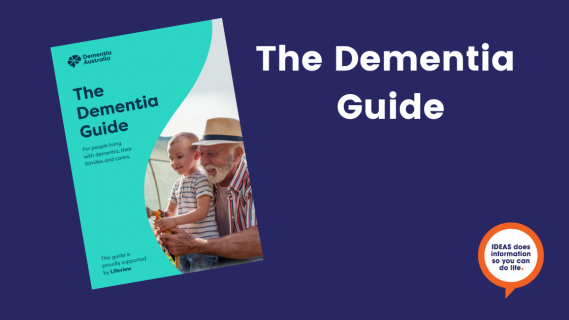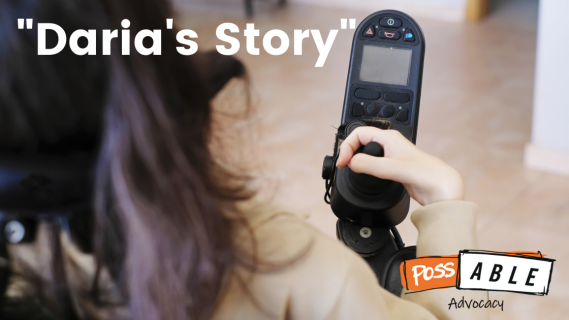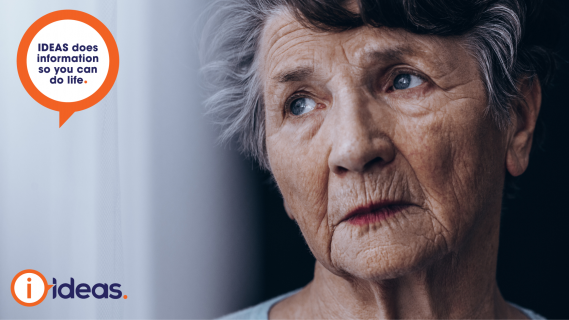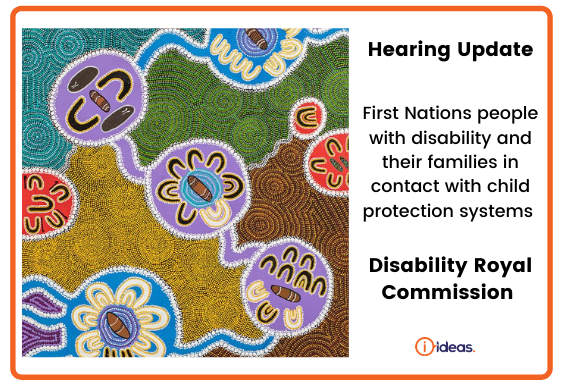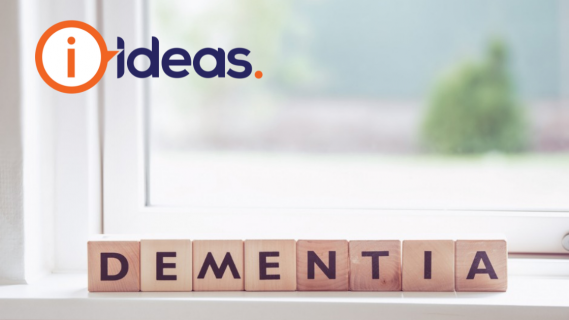2-minute read
Information must be reliable and relevant, so it is trustworthy and useful to people making decisions for themselves.
Reliability
The reliability test is information accuracy and consistently complete.
Relevance
Relevant information is useful in the decision-making process when it has high relevance for the person making the decision.
It is a human right to decide things for yourself. To make up your mind about the things that matter to you.
All adults in Australia have a right to decide for themselves, including deciding on the supports and assistance required to live their own lives on their terms. Service providers, carers, supporters, and family should first see capacity and see diversity in the person they might be assisting to make choices about the care supports they need.
See this great inclusive video explainer on making individual decisions here. Made by the Council for Intellectual Disability, it is useful for people with low literacy, or people with a cognitive disability, or people from Culturally and Linguistically Diverse backgrounds.
Everyone experiences making small and large decisions in their life. These include preferences about food, mealtimes, leisure, community activities, friends, housing, choosing a life partner and living styles.
Click here to see this video about Casey and Reece talking about making choices and decisions.
- Where is the service located?
- What services are available?
- Will the service provider match or understand my culture? My language? My background? My faith? My health needs? My gender?
- Does the service have specialist experience and qualifications to serve specific groups?
- Are they assessed and have a good reputation about their claims to provide specialised services for:
- Aboriginal and Torres Strait Islander people and communities
- People from CALD (Culturally and Linguistically Diverse) backgrounds
- People who are financially or socially disadvantaged
- Veterans
- People who are homeless or at risk of becoming homeless
- Care leavers
- Parents separated from their children by forced adoption
- People from the LGBTIQ+ communities
- People who live in rural and remote areas
It makes good sense to explore how long a specialised service has been running and satisfy yourself of their match to your personal characteristics.
Worth noting, some providers specialise in areas such as dementia, terminal illness, hearing disability and people who have low vision or are blind.
- Here is the link to download a comprehensive list of questions for clients to ask prospective service providers.
Home care support program services are subsidised by the Commonwealth government for people assessed as needing help at home to continue to live independently.
Contribution fees charged to support the Commonwealth Home Care Support program depend on a person’s particular financial circumstances and the level of supports they are eligible to receive at home.
- Fee Explainer for Commonwealth Home Care Support Program.
- Fee Explainer and example for Commonwealth Home Care Package with 2024 charges.
Cases for hardship and exceptional circumstances may be considered for clients who need it.
Privacy and the Responsibilities Required of Carers
Every person’s right to privacy is important and protected by law.
A person is a carer if they give ongoing care and support to a family member, friend or neighbour who needs it because of:
- Disability, no matter the type or cause
- Long-term poor health (chronic illness)
- Terminal illness
- Mental illness such as depression and anxiety
- Frailty and ageing
The carer’s relationship with the person may be based on family or friendship or chosen family. The carer has extra ongoing responsibilities because their friend or family member is unwell, frail or lives with disability.
Source: NSW Health
This form is an example of how to formally appoint a support person to assist them while preserving their privacy.
Sources used for this article:
- Council for Intellectual Disability - Making My Own Decisions video
- UNPRPD - Meaningful Participation of Persons with Disabilities in the Decision-Making Processes.
- Disability Council NSW - Consultation Paper: Supporting you to make your own decisions.
- My Aged Care - Commonwealth Home Support Programme.
- https://www.myagedcare.gov.au/home-care-package-costs-and-fees
- NSW Health - Resources for carers.
- IDEAS - SpeakOut Advocacy video Decisions Decisions Decisions




















